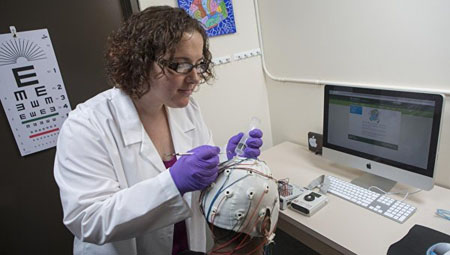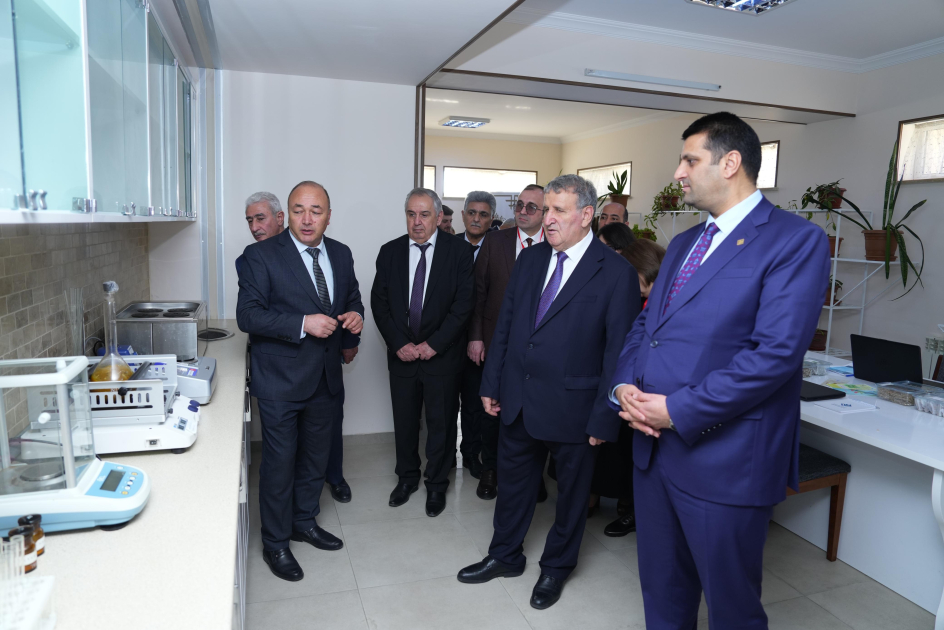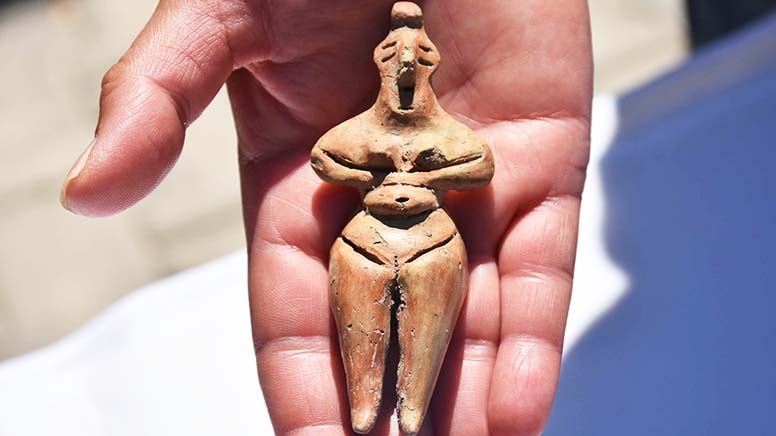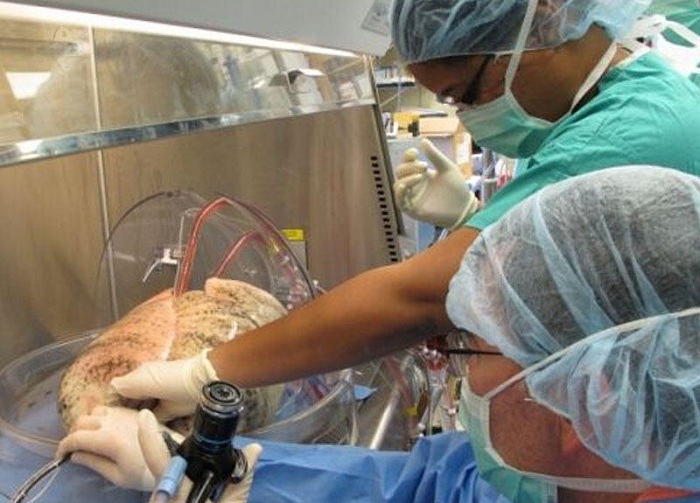
- A-
- A
- A+
A Novel Method for Very High Accuracy Event-Related Potential Biometric Identification
The vast majority of existing work on brain biometrics has been conducted on the ongoing electroencephalogram. Here, we argue that the averaged event-related potential (ERP) may provide the potential for more accurate biometric identification, as its elicitation allows for some control over the cognitive state of the user to be obtained through the design of the challenge protocol.
We describe the Cognitive Event-RElated Biometric REcognition (CEREBRE) protocol, an ERP biometric protocol designed to elicit individually unique responses from multiple functional brain systems (e.g., the primary visual, facial recognition, and gustatory/appetitive systems).
Results indicate that there are multiple configurations of data collected with the CEREBRE protocol that all allow 100% identification accuracy in a pool of 50 users. We take this result as the evidence that ERP biometrics are a feasible method of user identification and worthy of further research.
Similar News
Links



 Elm TV
Elm TV
 Photo
Photo
 Video
Video





